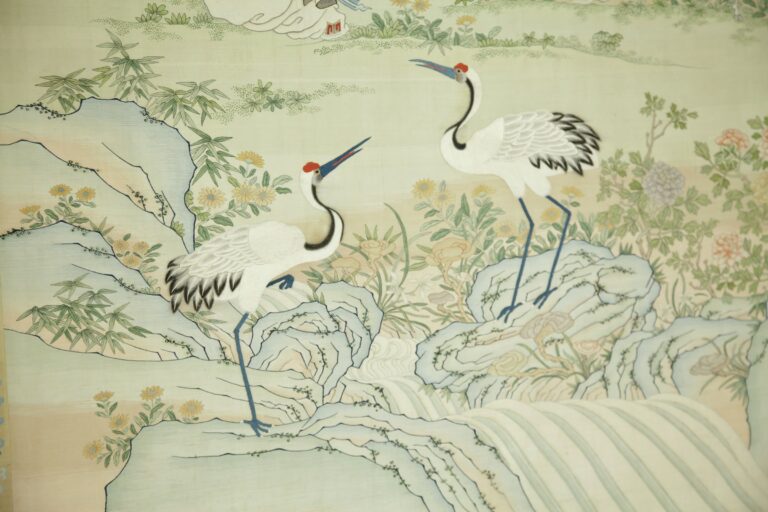Puma entered the Chinese market in 1999, opened its first branch in 2003, and has since introduced more than 2,000 stores in almost 600 cities in China. In January 2011, Puma acquired 100% of its long-term joint venture, Liberty China Holding Ltd, which has further strengthened its position in Greater China. Pre-pandemic, Puma in China registered its strongest sales in one quarter ever during Q1 of 2019, delivering growth of 15.3% compared to Q1 of 2018. Despite the 5% decrease in the first three quarters of 2020 due to the pandemic, the annual report of Puma in China remained resilient and demonstrated gains, unlike most other Asian countries such as India, Japan, or South Korea.
Puma’s adaptation to the Chinese market
Puma in China keeps their global motto “forever faster” and localizes it for China, stating that China is a fast-changing market to which Puma has adjusted dynamically. They aim at representing “in China for China” for Chinese consumers, as over 30% of their footwear and apparel production comes from China. Another adaption to the Chinese market is their customized design of certain products, such as the multi-ground shoe (MG) with a wide variety of different conditioned artificial turf. The success led to further research and the release of MG 2.0 in August 2021.
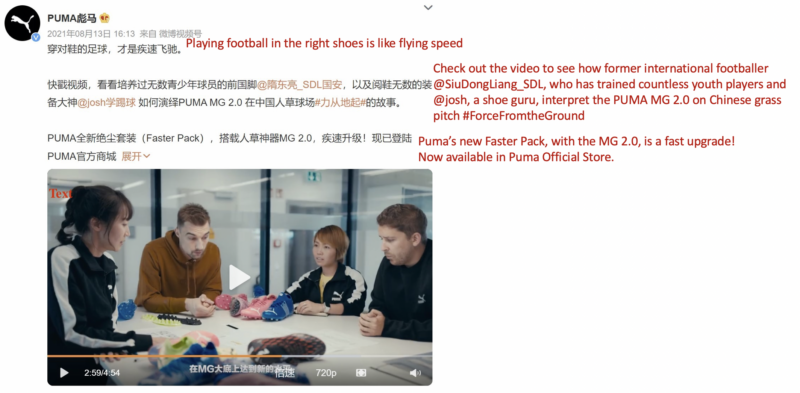
Puma’s strategy in China also includes cooperating with local companies and creation centers in delivering the local brand spirit. One example is the joint series PUMA x LIU WEN spring and summer collection featuring supermodel Liu Wen. Being a fashion indicator for many Chinese girls and women, the collaboration with Liu Wen has enabled the integration of her distinctive dress style into Chinese fashion within Puma’s collection.
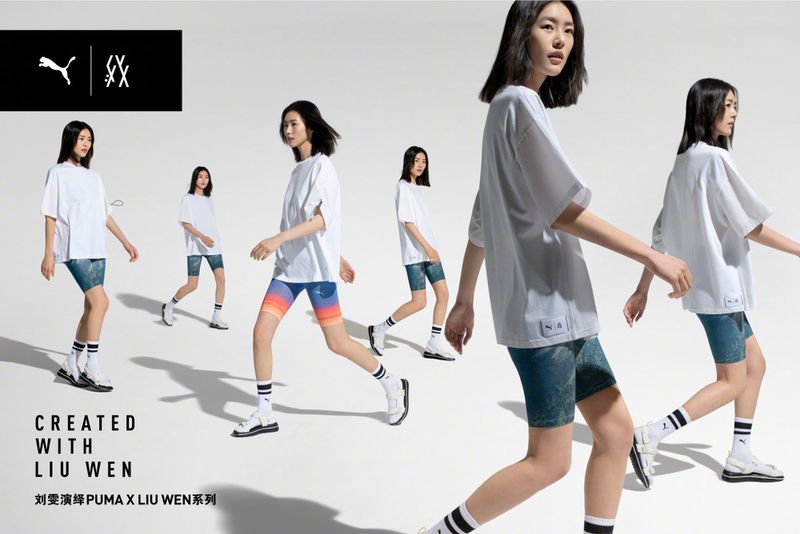
Puma is considered to be a competitive player in intertwining sports and fashion. As a result, Chinese consumers specifically value the fashion element combined with the sporty look that Puma offers, while retaining its relatively high quality at an affordable price point in comparison to its competitors like Adidas and Nike. Apart from the design and good value for money, consumers also find Puma an attractive brand as they think Adidas and Nike are too popular and are being worn by too many people.
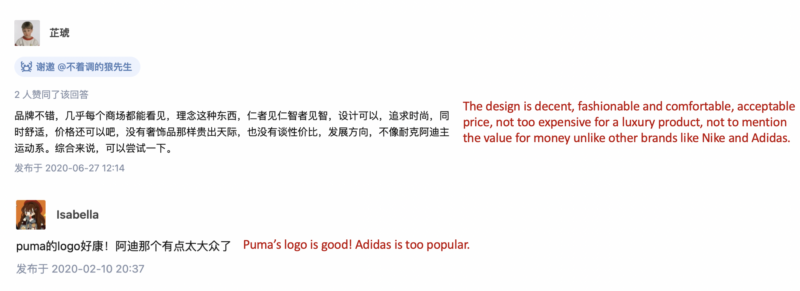
Puma’s successful promotion strategy in China
Puma in China engages in specific promotional tools to ensure the best ROI on its media budget. It is present on local social media platforms such as WeChat, Weibo, and Youku, and has also established a strong portfolio with relevant brand ambassadors such as Yang Yang, Li Xian, Liu Haoran, etc. Puma in China knows how to leverage significant Chinese holidays and further targets its consumers by working together with influencers and Key Opinion Leaders (KOL). Furthermore, Puma has launched a multichannel mobile campaign in 2020 – a mobile site that allows users to play an F1 battle car racing game. Players were also given a coupon when downloading the Puma mobile site, which they can redeem a mobile phone toy accessory from any of the 350 Puma stores in China.
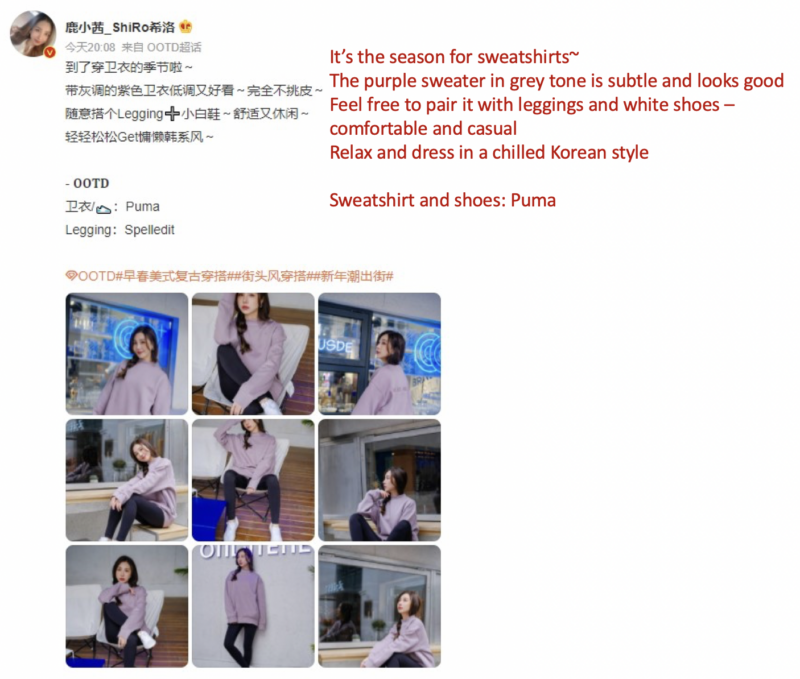
Puma in China also explored more out of the ordinary methods to grasp the attention of Chinese consumers and encourage engagement with the brand – a collaboration with the popular show “Creation Camp 2020” (创造营2020) broadcasted on Tencent Video. Not only did Puma sponsor all the clothes for the show, which increased recognition from viewers, but this collaboration also incorporated Puma’s values and brand promise as part of the show. It was a silent and creative implantation of Puma into consumers’ minds. For example, the coaches of the show were young, energetic artists who represents Puma’s target group and they included authentic tips on how to wear Puma best. Moreover, there was a live broadcast interaction between the stars of the show, Puma, and its consumers. By doing this, Tencent Video has helped Puma in China to convert the fans of the show into fans of Puma as well. Next, Tencent Video had students from the show recording vlogs and publishing them onto their social media accounts as well as Puma’s official social platform. Finally, clips of the show running in Puma’s offline shops have increased traffic within the stores.
Puma in China faces challenges
One of Puma’s challenges in China was that women were significantly less attracted to the brand than men. Evidently, women have publicly voiced on socials that they do not admire Puma’s design as much for women. Consequently, it seems that Puma’s strategic response was to sign more female ambassadors, such that, the collection with Liu Wen appeared after the negative comments on social media. Although there are still more male searches on Puma and related topics on Baidu today, negative comments on social media regarding Puma’s female collection have decreased.
However, Puma had to deal with a more serious challenge in China recently – the boycott of Western brands and rising nationalism in consumption. On March 25, 2021, Better Cotton Initiative (BCI), a non-profit organization for sourcing sustainable cotton which Puma is part of, has suspended the issuance of the BCI license to Xinjiang based on the allegation of forced labor in the production of Xinjiang cotton. The Chinese government condemned this action and the state media called for a boycott of the brands that are part of the BCI and Chinese consumers followed. Following the incident, Puma was searched more than ever on Baidu since its presence on the internet. Chinese consumers exchanged opinions on social media about purchasing alternative brands when sports brands like Puma were being boycotted, thus, an overwhelming amount of responses have pointed to Anta and Li Ning as a substitute.
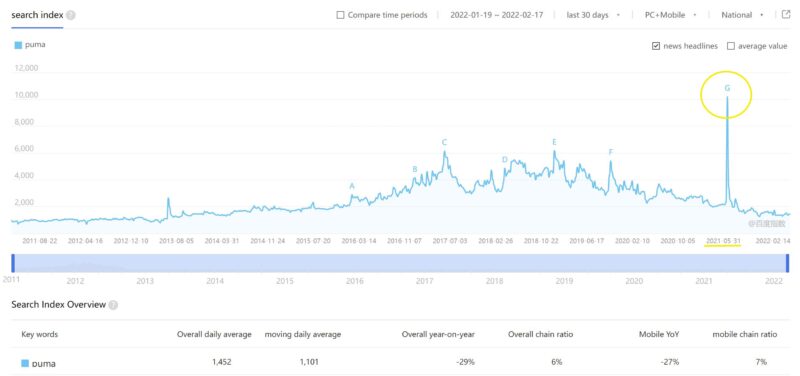
Puma (similar to other BCI brands) recorded a sales decline of 16% between July and September of 2021. Meanwhile, local Chinese brands like Anta and Li Ning have increased their shares of sneakers sales by twelve percentage points in January 2022. Anta and Li Ning are a similar size to Puma and are, hence, becoming growing competitors to Puma. On top of that, as a consequence of the BCI incident, Puma’s China ambassadors have immediately terminated their cooperation with Puma.
Puma’s committment to the Chinese market
Puma has proven its capability to adapt since its entrance to the Chinese market. Even after the backlash during the first half of 2021, Puma appeared resilient with a 250 square meter booth at the China International Import Expo (CIIE), representing their commitment to Chinese consumers.
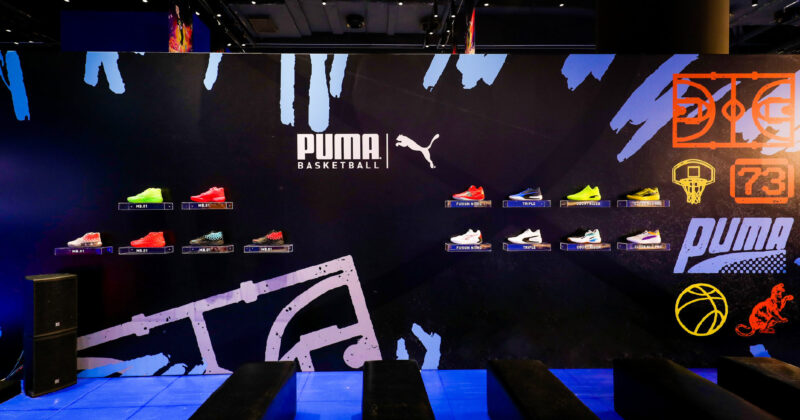
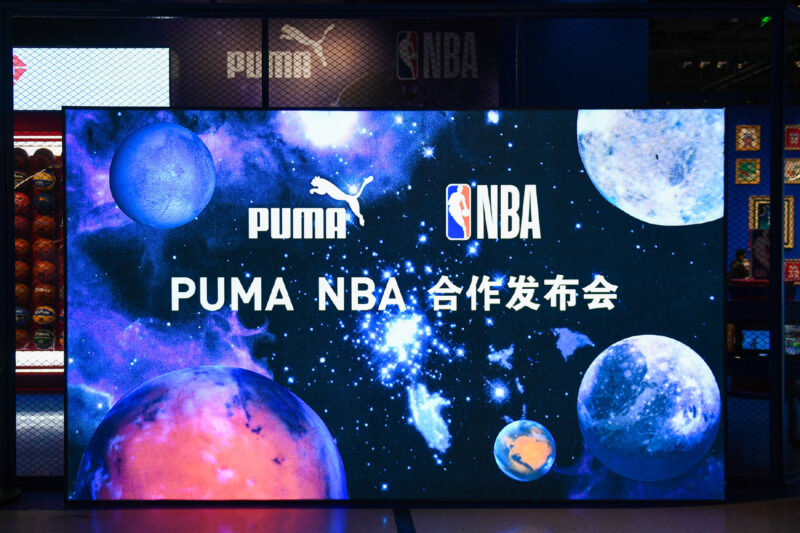
Meanwhile, Puma posted videos on their WeChat Account of Western celebrities during the Spring Festival of 2022, wishing Chinese people a Happy Lunar New Year and even speaking in Mandarin. Usain Bolt also emphasized that the year of Tiger was his zodiac. Such personal messages depict Puma’s effort to engage authentically with Chinese consumers and close the gap between Chinese consumers and Western brands. After Chinese New Year, Puma announced that it has officially become the market partner of the National Basketball Association (NBA) in China. This collaboration highlights that Puma in China maintains their strategy to engage and adjust locally to the Chinese market as a means of overcoming setbacks.
Author: Lucia Toth




